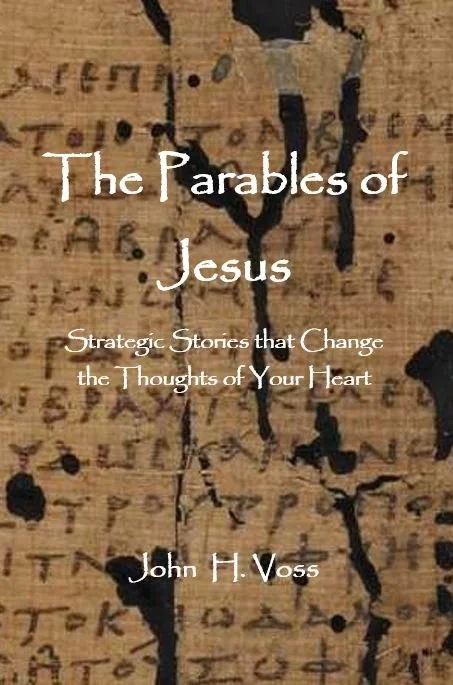The Parables of Jesus | John H. Voss
The Parables of Jesus | John H. Voss
Regarding the impact of an individual’s deepest thoughts, the Bible states, “For as he thinks in his heart, so is he” (Prov. 23:7). Thoughts are ordinarily associated with the mind, not necessarily the heart. But, in a broad sense, the mind deals with analytical ideas and determines our actions. The heart, figuratively speaking, is the seat of our emotions and determines our feelings and attitudes toward both life and others. Thoughts of the mind are often immediate, changing, and occasionally of short duration. Thoughts of the heart are deep-seated, long-term, and form the basis of character and personality. They are also the basis of our most personal thoughts about others. Thoughts of the mind can change rather quickly based on new facts, whereas thoughts of the heart can take years to change, or even a lifetime. Indeed, as a man thinks about life, God, and his fellowman within the secret confines of his heart, so he is for a considerable portion of his life. A person can change their mind fairly easily and quickly. But, changing the thoughts of their heart is something, quite often, that only God can do.
Although the parables are fascinating topics of biblical study, they are as relevant today as when first spoken. Jesus’ parables are literary gems that are ageless in their application and unmatched in their ability to challenge and change human thought. A modest comparison between the attitudes of Jesus’ time and those of today reveal their eternal relevancy.
For example, there were three characteristics that were generally viewed as attributes of a righteous life in Jewish society: the regularity and sincerity of one’s prayers, the generosity of one’s charitable deeds for others, and the obvious financial success and blessings that one enjoyed. In many ways, each of these became an obsession with many people, especially the Pharisees and even prominent rabbis. As a result, prayers were often prayed openly and publicly in order to be heard by others and to enhance one’s personal self-righteous image. The same was true of charitable deeds, which were often done openly in order to be seen and admired by others. It was all very hypocritical, according to Jesus.


